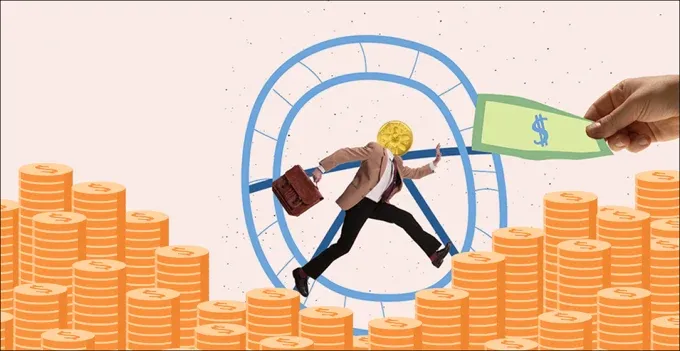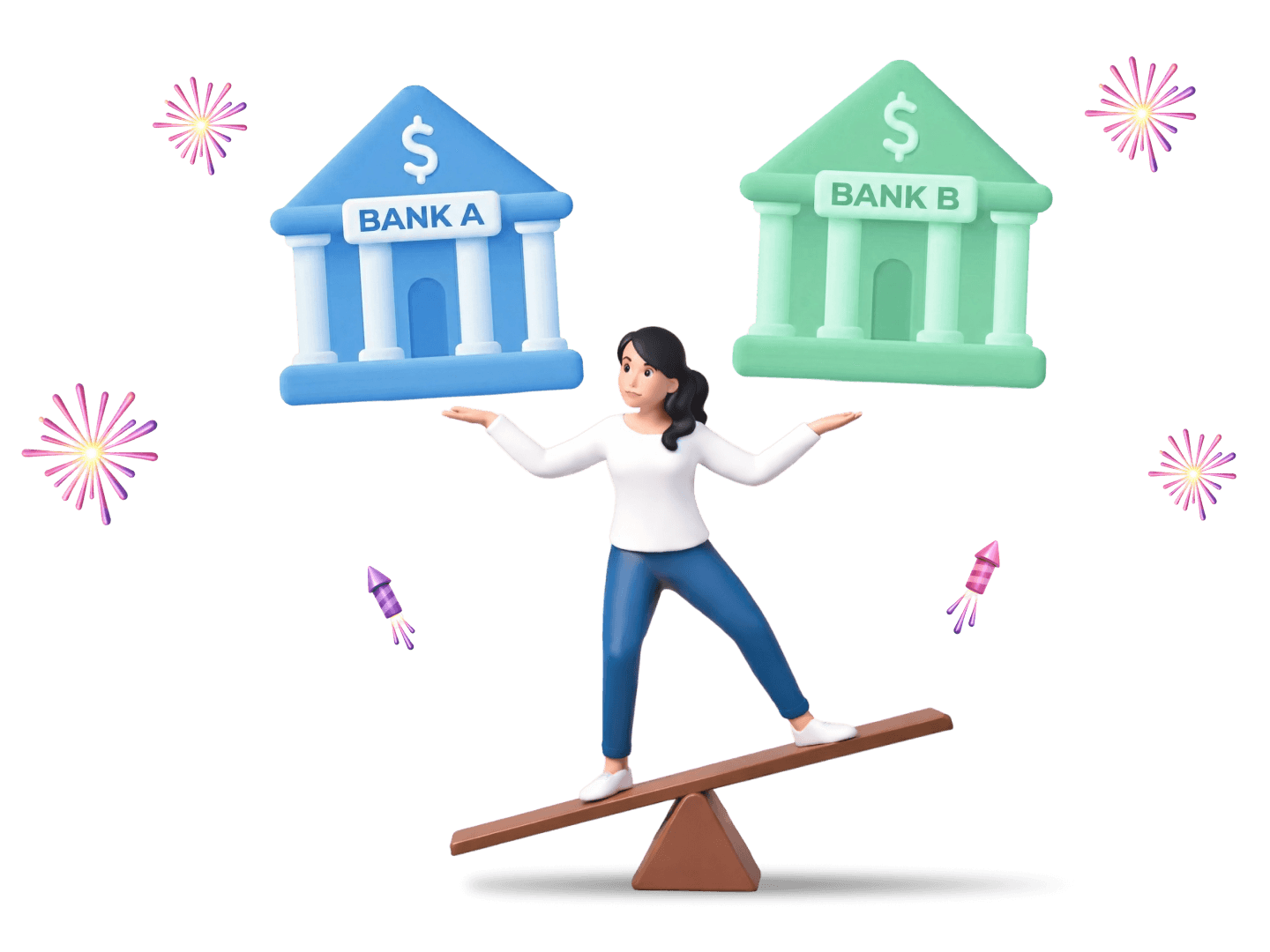4 Things to Note When Applying for a Loan as a Self-employed Person
Updated: 11 Apr 2025
From lowered income qualifications to having to choose your application, being self employed can make applying for a loan more tricky.
Written bySingSaver Team
Team

Those who heed the siren call of entrepreneurship (or who simply don’t want to ever go back to work in an office) have many perks to look forward to. From the ability to control your own working conditions to the potential to increase your income, being self-employed can be alluring on multiple fronts.
However, there are also some unexpected pitfalls the self-employed may have to navigate, such as having to jump through several hoops when attempting (seemingly) simple financial transactions.
As they say, knowing is half the battle, so here are four things all self-employed persons should note when applying for a loan.
1. You’ll have to declare your earnings
Declaring your earnings is a standard requirement when applying for a personal loan. However, for the self employed, there are some implications to be considered.
Here’s the crux of the matter. Self-employed persons have to submit their latest income tax Notice of Assessment (NOA) as proof of income. This is the only form of income proof that will be accepted.
(In contrast, salaried employees need only submit their CPF statements while commission-based employees can use commission statements from their employers.)
In turn, this means that you have to declare your earnings to the authorities, and how much income you declare will impact your loan application.
If you truthfully declare your income, you will have to budget for the taxes that will inevitably be levied. If you declare less income (beware of the legal implications of doing so) in order to lessen your tax burden, you may not be able to get as large a loan as you need.
And while we’re on the subject, no, your CPF statements won’t be taken into account, so don’t think you can make voluntary CPF contributions and fool the bank into thinking you have a high income.
All these may not necessarily be a problem, especially if you’ve been faithfully keeping up with your tax obligations and don’t need an exceedingly large loan.
But it is nevertheless important to be aware of this so you can be better prepared.
2. You should be consistent in your payments
Financial institutions may – at their discretion – grant you a lower loan amount if they assess you to be a risky borrower.
How they might come to this conclusion hinges on your credit score, which is impacted by how vigilant you are in paying your bills on time. If you have been late in paying your bills on more than a few occasions, you may end up being offered a smaller loan than expected.
Being late with bills isn’t the end of the world – who hasn’t missed a bill here and there before? But, for the self-employed whose cashflow vary from month to month, the chance of late payments is higher, which admittedly makes this a rather unfair policy.
But in any case, try to be as consistent with your bill payments as far as possible, so as not to unduly impact your credit score.
Also, remember that poor credit scores can be improved by making sure future payments are on time, so don’t despair just because you had to delay paying last month’s bill.
3. Your interest rate may be higher
Another potential disadvantage that self-employed persons may have to grapple with is higher interest rates on their loans.
This can happen when your income is at or just over the minimum required to qualify for a loan. Also, it’s no secret that those with higher incomes tend to be offered better interest rates.
Because your income is evaluated according to your latest NOA, this may not reflect your current circumstances. Consider the following scenario.
|
1 Jan to 31 Dec 2020 |
1 Jan to 31 Dec 2021 |
|
Total income earned: S$50,000 |
Total income: S$100,000 |
|
NOA received end-April 2021 |
NOA received end-April 2022 |
|
Loan limit (4x monthly income): S$16,667 |
Loan limit (4x monthly income): S$33,333 |
In Jan 2022, you decide to apply for a loan, confident that because your income was S$100,000 in 2021, you will be able to get lower interest rates.
But this would not be the case; instead, your interest rates will be based on your income in 2020, which was S$50,000.
Why? Because you will only receive your NOA for 2021 in end-April 2022, which means the only NOA you have in Jan 2022 is the one for 2020.
Because your income declared then is S$50,000 and not S$100,000, you won’t be able to get the low interest rates you technically qualify for.
There’s another problem that may occur. Look at the table above again. If you need a loan of at least S$30,000, when is the earliest you can apply for it?
That’s right, you can only apply for it after you receive your NOA for 2021, which means in May 2022, or after.
This is all because financial institutions will only take NOA as proof of income for the self-employed.
One way to work around it is to negotiate with the bank directly for lower rates in exchange for putting up a collateral. You could also try showing a copy of your latest tax returns to your bank.
4. When taking a home loan, a haircut will be applied
Ok don’t worry, you won’t have to give up your luscious locks when applying for a mortgage as a self-employed person.
The “haircut” here refers to your income that is taken into account in evaluating your home loan application. Financial institutions are instructed to apply a minimum 30% haircut to variable income, which is what self-employed persons are classified as earning.
Now, because your monthly mortgage payments cannot exceed 30% of your monthly income when buying HDB flats or Executive Condos, this means the amount you can borrow will be even lower.
This will likely severely impact your home buying plans, so it’s important to adjust your finances and/or home type accordingly. You will have to put down a larger downpayment to make up for a smaller housing loan, for instance.
SingSaver Personal Loans Cashback Offer
Enjoy interest rates as low as 1.08% p.a. (EIR from 2.09% p.a.) and up to S$4,900 in cashback when you apply for a personal loan via SingSaver. Valid till 31 March 2026. T&Cs apply.
About the author
SingSaver Team
At SingSaver, we make personal finance accessible with easy to understand personal finance reads, tools and money hacks that simplify all of life’s financial decisions for you.
